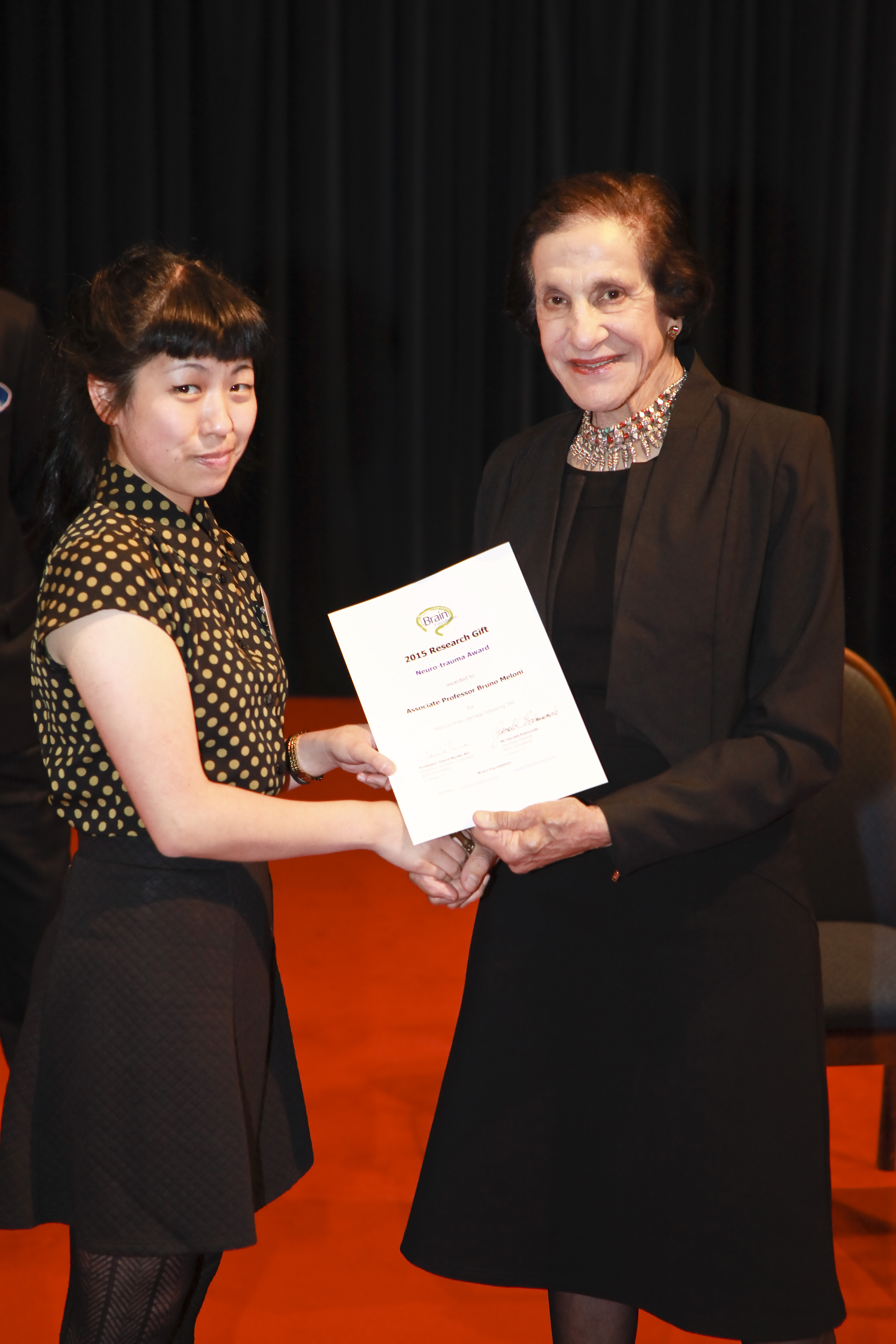
Photo: Li Shan Chiu on behalf of Associate Professor Meloni
PROJECT SUMMARY:
Brain injury or neurotrauma associated with TBI is a major cause of mortality and morbidity, especially in young adults worldwide. Neuroprotective treatments to reduce brain damage associated with TBI are currently lacking, which makes developing effective treatments of paramount importance. Any treatment that minimises brain injury associated with TBI is likely to improve patient outcome, and in doing so, reduce both its social and financial burden globally.
While some of the brain damage associated with TBI occurs immediately as a consequence of the direct physical forces on the brain, a significant proportion of brain damage occurs several hours after the initial insult, and thus provides the opportunity for treatment interventions to minimise the extent of injury. To this end, our research group has recently demonstrated that arginine-rich peptides have potent neuroprotective properties and can reduce brain damage in animal stroke models. This is an important finding, as the damaging processes that occur in the brain following stroke closely resemble those that occur in TBI.
Hence, the aim of the project is to determine if selected peptides are able to reduce brain damage and improve outcomes in an animal model of TBI. If successful, this project will allow us to identify the most appropriate peptides for assessment in a future clinical trial, our ultimate goal being to develop a new treatment to minimise brain injury and improve patient outcomes after TBI.


 The Brain Foundation is the largest, independent funder of brain and spinal injury research in Australia. We believe research is the pathway to recovery.
The Brain Foundation is the largest, independent funder of brain and spinal injury research in Australia. We believe research is the pathway to recovery.